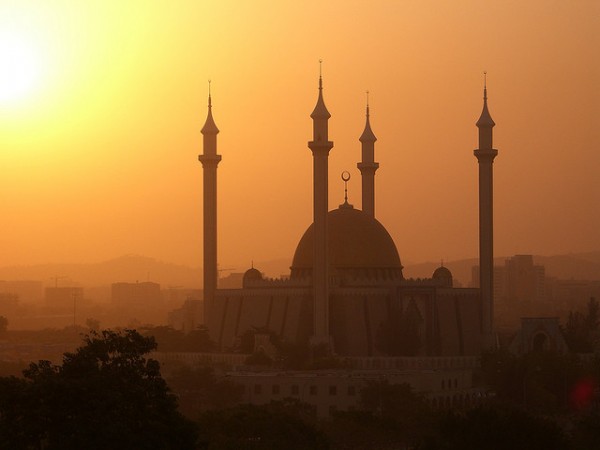
If you’re anywhere on the West coast of Africa—between Gabon and Ghana—you’ve had a hard time of in the past few weeks. It’s been a dry, dusty, and hot affair called Harmattan.
Your lips are most likely chapped, your skin dry, not to mention the dusty haze and chilly mornings.
Of course, the culprit is that northeasterly wind that ferries dirt all the way from the Sahara desert and dumps it right on your door step.
I feel your pain, but I’m also intrigued by the word, Harmattan, the fact that it sounds a bit, shall I say, un-English.
I had some extra time on my hands this weekend and decided to look into the origin of the word.
The word harmattan has been in the English language for centuries, since 1671, but its origin is West African, Ghanaian to be precise. Makes sense given that it’s our weather.
The way the Oxford English Dictionary (OED) tells the story, Harmattan started out as “haramata,” a Twi or Fante word. The OED is not entirely sure.
But “haramata” has its own back story. It came from a much longer word—“Aherramantah.” But it turns out that “Aherramantah” is actually a mix of two different words, Aherraman and tar.
Here is where it gets interesting.
Aherraman means “to blow” as in the blowing of the wind and tah means the “tallow” or grease that Africans in the past would rub on their skin to fight the dry roughness that the weather brought on.
In don’t know about you, but Aherramantah sounds like a mouth full. So thumbs up to the smart African who had the bright idea to chopped it down to “haramata,” which later morphed into Harmattan.
Towards the end of the 19th century, some guy tried to undermine the African origin of the word by claiming that it is an arabic word. Well, the OED insists otherwise. They’ve said that no such word has, to date, been found in Arabic.
Anyway, stay away from the heat and keep your skin well-oiled. It’s only two months before the first rains come!
************
Image by Kipp Jones via Flickr.








Ainehi Edoro January 21, 2015 19:28
Hi Catherine, I'm happy you asked. So Nigerian is right in the middle of Gabon, which is the southernmost point of the Gulf of Guinea and Ghana which is the northernmost point. This is usually the part of west african most affected by harmattan.